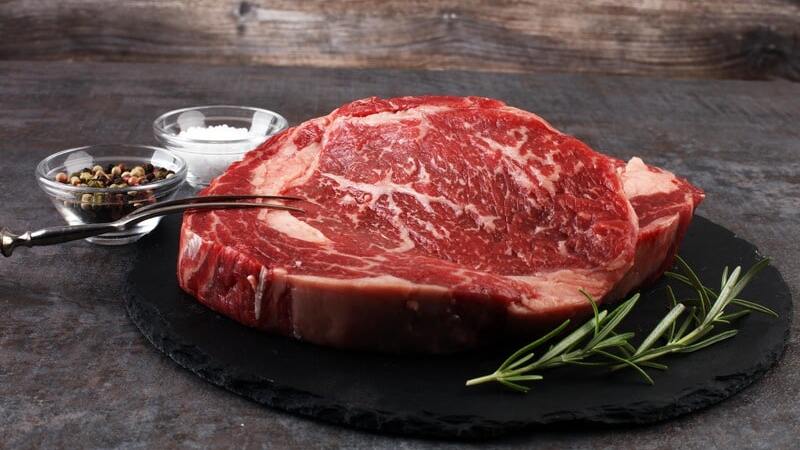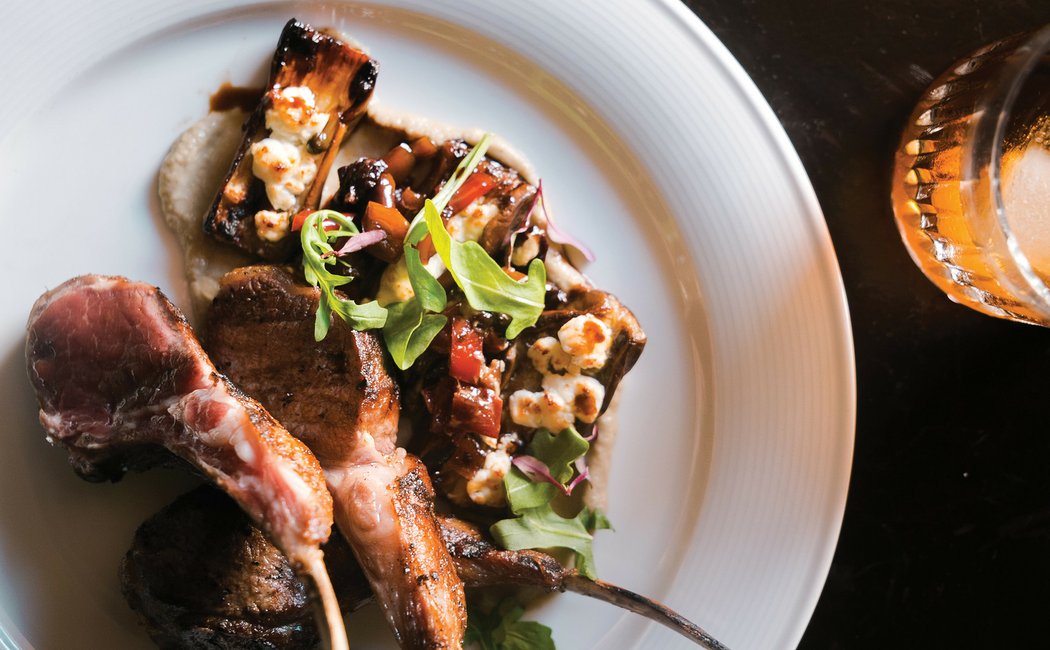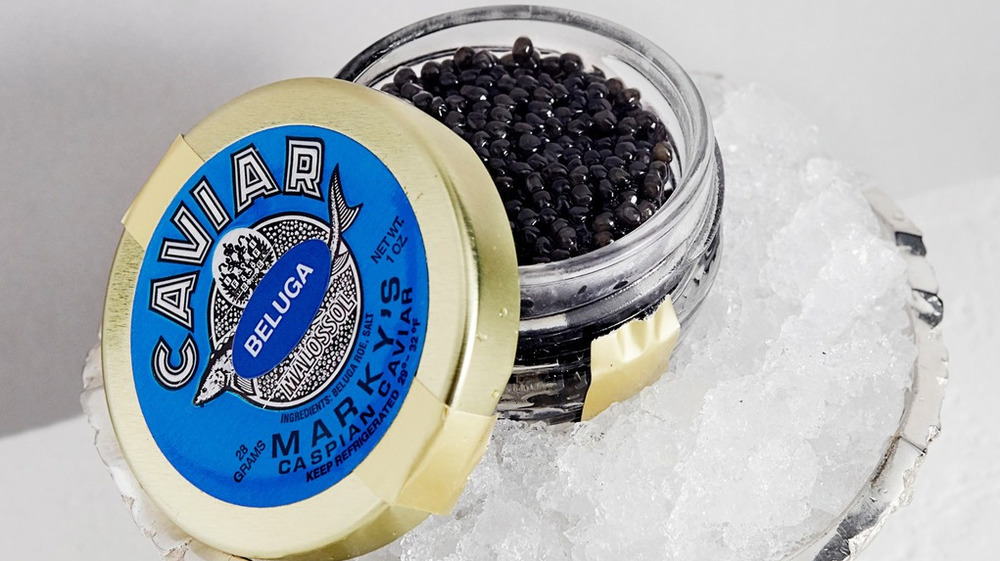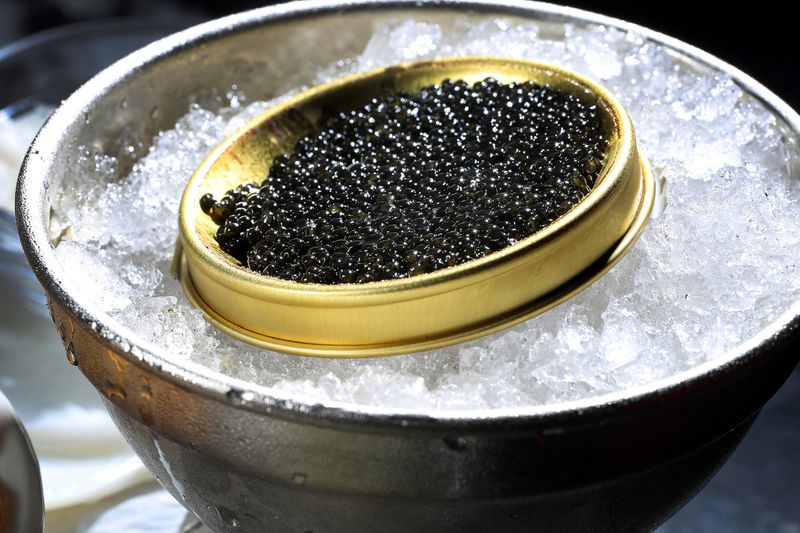Wagyu farming practices: A behind-the-scenes look at how wagyu beef is raised and cared for
Wagyu beef is known for its marbled texture, rich flavor, and tenderness, making it a highly sought-after and luxurious ingredient in the culinary world. But how is wagyu beef raised and cared for to achieve these qualities? In this blog post, we will take a behind-the-scenes look at wagyu farming practices and explore the process of raising and caring for these special cows.

Overview
First, let's start with a brief overview of wagyu beef. Wagyu, which means "Japanese cow," is a breed of cattle that originated in Japan. It is known for its heavily marbled meat and high level of unsaturated fat, which gives it a rich, buttery flavor and tender texture. There are four main breeds of wagyu cattle in Japan: Japanese Black, Japanese Brown, Japanese Polled, and Japanese Shorthorn.
Wagyu beef is raised using traditional farming practices that have been passed down for generations. These practices focus on the well-being and care of the cows, with the goal of producing high-quality beef. Here are some key components of wagyu farming practices:
Diet: Wagyu cows are fed a special diet that is rich in nutrients and designed to enhance the marbling and flavor of the meat. This often includes a combination of grasses, grains, and supplements.

Exercise: Wagyu cows are allowed to roam and graze freely, which helps to build muscle and improve the quality of the meat.
Breeding: Wagyu cattle are carefully selected and bred to maintain the desired traits of the breed, such as marbling and tenderness.
Stress-Free Environment: Wagyu cows are raised in a calm and stress-free environment to promote their well-being and improve the quality of the meat. This includes providing them with comfortable living conditions and handling them gently.
These farming practices are designed to produce high-quality wagyu beef that is known for its marbled texture, rich flavor, and tenderness. These qualities make wagyu beef a highly sought-after and luxurious ingredient in the culinary world.
In addition to traditional farming practices, wagyu beef is also subject to strict quality control measures to ensure that it meets the highest standards. This includes inspections at various stages of the production process, as well as grading systems that evaluate the marbling, color, and overall quality of the beef.
Wagyu beef is not only highly prized for its culinary qualities, but it is also considered a national treasure in Japan. The country has strict regulations in place to protect the integrity of wagyu beef and ensure that it is produced using traditional farming practices.
Wagyu beef is not only highly prized for its culinary qualities, but it is also considered a national treasure in Japan. The country has strict regulations in place to protect the integrity of wagyu beef and ensure that it is produced using traditional farming practices. These regulations include a tracking system that follows the cows from birth to slaughter, as well as strict grading standards that evaluate the marbling, color, and overall quality of the beef.
In addition to the strict regulations in place in Japan, wagyu beef produced outside of Japan is also subject to quality control measures to ensure that it meets the high standards associated with the wagyu brand. This includes inspections at various stages of the production process and grading systems that evaluate the marbling, color, and overall quality of the beef.
While wagyu beef is known for its luxurious and highly prized culinary qualities, it is also a controversial topic in the world of food and agriculture. Some criticize the high price of wagyu beef and the resource-intensive nature of its production, arguing that it is not sustainable or ethical. Others argue that wagyu farming practices, which prioritize the well-being and care of the cows, are more humane than those used in other types of beef production.
Despite the controversy, wagyu beef remains a highly sought-after and luxurious ingredient in the culinary world. Its marbled texture, rich flavor, and tenderness make it a favorite of chefs and foodies alike. If you are interested in trying wagyu beef, it is important to choose a reputable source and pay attention to the quality of the product. Look for wagyu beef that is well-marbled, has a consistent color, and has a clean, beefy flavor.

In conclusion, wagyu beef is raised using traditional farming practices that focus on the well-being and care of the cows. These practices, combined with strict quality control measures, help to produce high-quality wagyu beef that is known for its marbled texture, rich flavor, and tenderness. While wagyu beef is a luxurious and highly prized ingredient in the culinary world, it is also a controversial topic due to its high price and resource-intensive production. Regardless, wagyu beef remains a favorite of chefs and foodies alike and is sure to add a touch of luxury to any dish.






